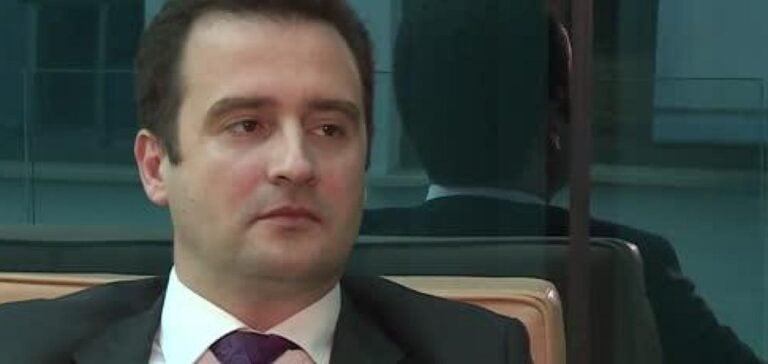A new direction for Bulgaria’s energy sector
The appointment of Zhecho Stankov as Minister of Energy marks a turning point for Bulgaria. Taking charge of the sector, Stankov has outlined clear priorities: strengthening energy infrastructure, diversifying gas supplies, and accelerating the adoption of European legislation. These ambitions arise amidst growing challenges related to energy transition and supply security.
Infrastructure: nuclear, gas, and coal at the core of the strategy
Among the announced objectives, the development of new nuclear capacities takes center stage. Bulgaria is also focusing on building gas-fired power plants to ensure a gradual energy transition while maintaining coal-fired plants to stabilize the grid. This approach, while criticized for its environmental impact, aims to preserve the country’s energy independence.
In parallel, Stankov plans to attract more investments to modernize the energy sector. Cooperation with international players and the adoption of new technologies could play a key role in this modernization.
Gas supplies in transformation
Ensuring gas supply security remains a major challenge. Since the suspension of deliveries from Azerbaijan in January 2025, Bulgargaz activated a 2023 agreement with Botas, the Turkish supplier, to compensate for the deficit. This agreement allows Bulgaria to import up to 1.5 billion cubic meters of gas annually via Turkey.
Additionally, the country is intensifying its efforts to diversify gas sources. Imports of liquefied natural gas (LNG) through the floating terminal in Alexandroupolis, Greece, represent a promising alternative. The first commercial LNG cargo, supplied by TotalEnergies, was received in October 2024, marking a significant step in this diversification strategy.
Challenges and opportunities in a shifting landscape
The diversification of energy supplies offers encouraging prospects, including closer integration within the European Union. However, Bulgaria faces several challenges. Interruptions in gas flows highlight the need for greater resilience. Moreover, balancing ambitious energy transition goals with economic stability remains a delicate task.
Despite these obstacles, the country is advancing the development of its strategic infrastructures. Projects related to renewable energy, combined with a proactive policy of European legislative integration, should strengthen Bulgaria’s position in the regional energy landscape.






















